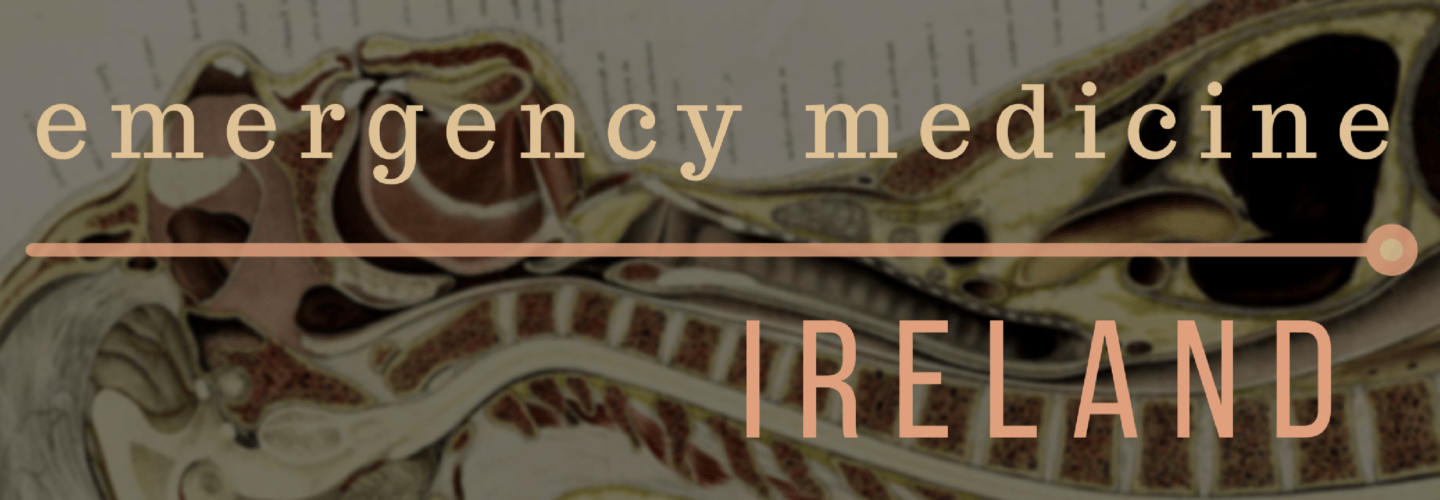Last week I had a little post on “Is clinical examination dead” prompted by one of the local radiologists.
It attracted some smart comments from some smart people.
To make my position clear, I do not think clinical examination is dead in any way. There are certain parts of it that are not nearly as diagnostically useful as we previously thought they were but a lot of the time we don’t use isolated clinical findings in… errr… isolation.
There are plenty of examination findings that tell us just what we want to know. Here’s a few examples
- a blown pupil in a trauma pt tells me just what I want to know – that this person is sick and likely needs a neurosurgeon or a mortician. Yes, they will likely get imaging but the clinical question is perhaps better answered by the pupil than the scan. I remember someone mentioning a famous study that had people with scans that were read as significant herniation (not just sub-falcine) but were sitting up talking to people.
- in the resus room we make a lot of our decisions based on the examination findings – though in the era of FAST and CT I don’t think we’re going to the operating theatre.
- in terms of neuro exam try diagnosing myasthenia or GB syndrome with a scan
- even in terms of directing a scan it’s the neuro exam that points us in the right direction – is it cord, is it brainstem, is it internal capsule?
- @rlbates pointed out a really important one – tendon injuries. Or to be honest the entire hand exam.
- interestingly on a legal side – it seems that the clinical exam is still valued in court as a defensive plus point. People certainly respect and value our cognitive medical decision making but it seems they feel the exam is important too.
- although there’s some people doing US as part of the eye exam, decisions about what to do with an eye are all examination based
- we have some cool stuff on the value of examination (in the really useful form of likelihood ratios) from the JAMA clinical exam series and the NNT. For some more stuff on LRs check out (via ThirstyScholars recommendation) this paper by Steve McGee
The much bigger point is that what we do clinically takes everything into account. Yes we should be skeptical about the importance of finger clubbing in ruling out disease but we also need to now the value of some of the examination manoeuvres that we perform on our patients.

This is a great topic Andy. We’re on the same page on this one. I just posted a piece in defense of subjectivity in clinical practice and the systematic attempts to remove it from our practice. Dr Newman and Schriger have touched on this as well in their discussion of clinical decision rules in annals this month.
Hi Jonathan
I’m yet to get round to reading that editorial but by all accounts it sounds spot on.
Don’t miss out. I think they are consistently two voices of sanity in our often crazy profession. Cheers